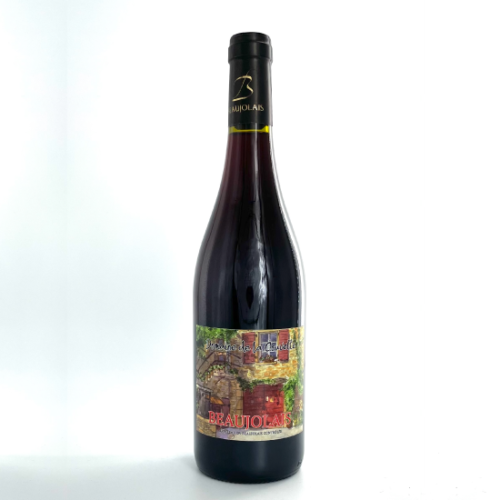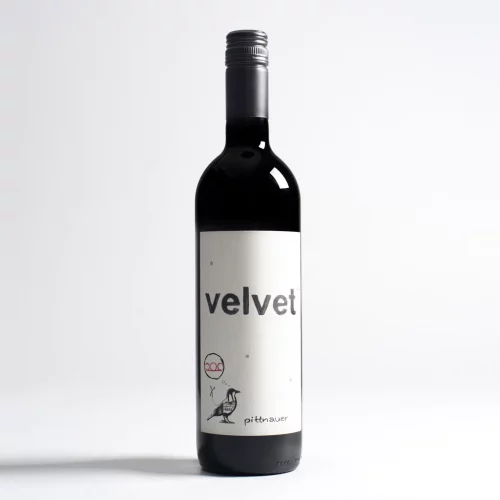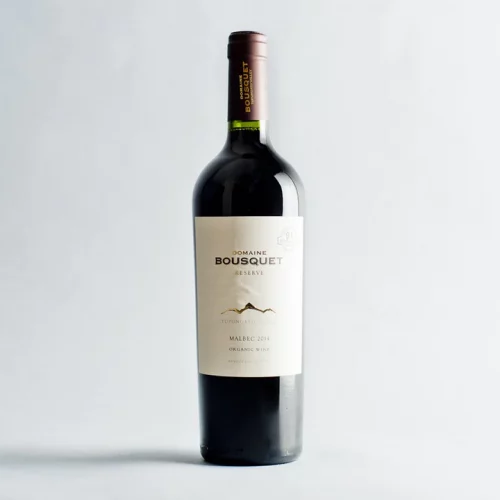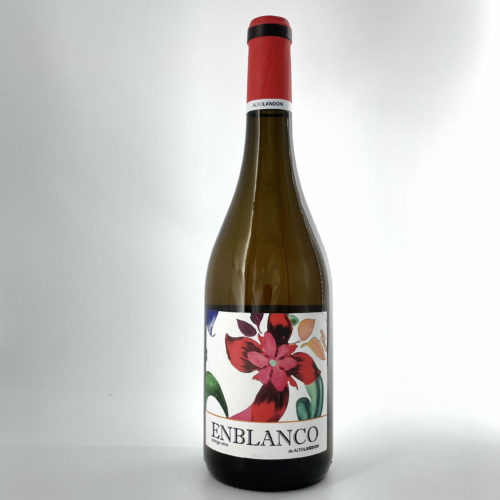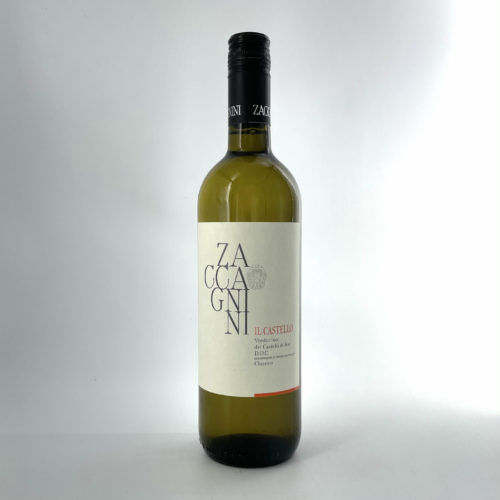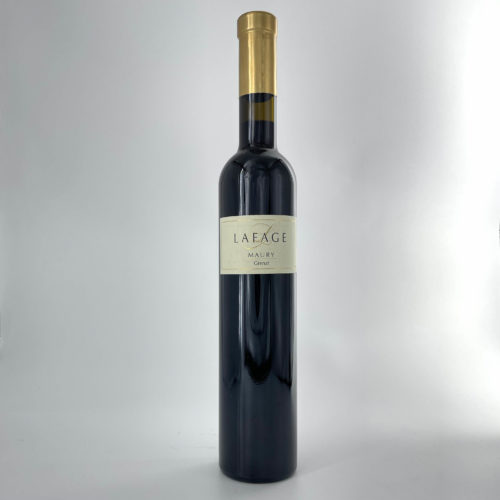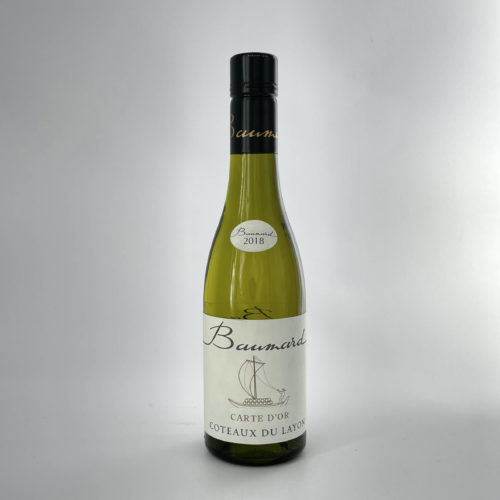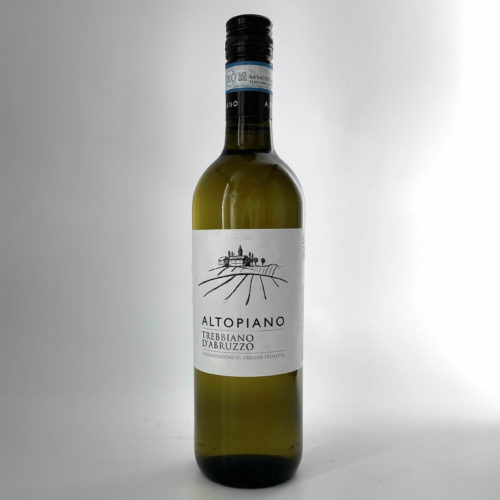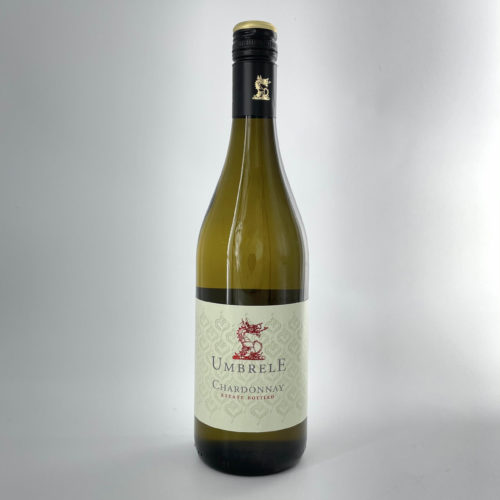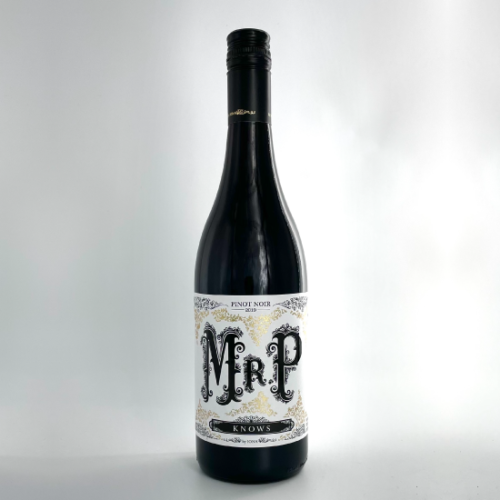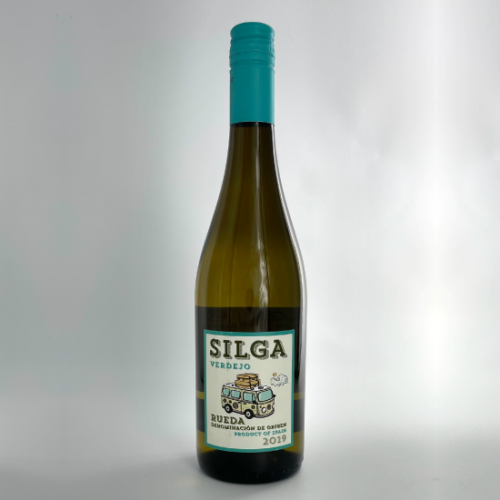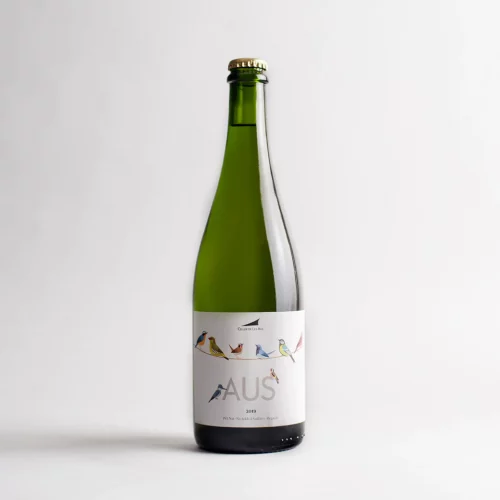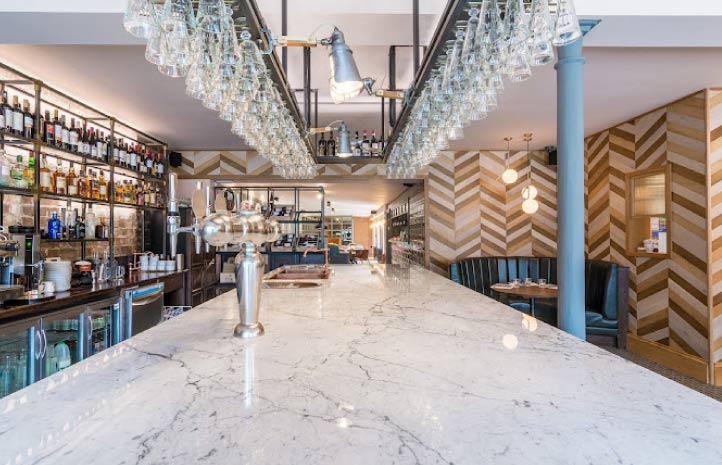Beaujolais, Domaine de la Couvette, Rouge
Gautier Marion is the fifth generation of the family to manage Domaine de la Couvette, tucked into the gently undulating countryside of Southern Beaujolais. If you could picture what a quintessentially small french producer should look like then Gautier’s property would come very close. He takes great pride in making wines in the traditional carbonic macerated style using his trusty, old concrete vats, which he uses to age the wines as well. Respecting not only the winemaking traditions, but also their 11 hectares of land and the vines that are up to 50 years old, they demonstrate their commitment by making a fully organic Beaujolais – which is full of ripe red fruit, spicy, earthy notes and a lovely smooth minerality.
Velvet, Pittnauer, Burgenland, Austria
Gerhard Pittnauer is undoubtedly one of the stars of the Austrian winemaking scene, producing a host of powerful reds which showcase the quality of Austria’s indigenous grape varieties. His base in the town of Gols is located in the Burgenland region, famed for the amount of sunlight it receives each year. As a result, Gerhard is able to fashion supple, modern wines that all display his signature, silky soft tannins.
Malbec Reserve, Domaine Bousquet, Mendoza, Argentina
The Bousquet family hail from the city of Carcassonne, in the South of France and are 4th generation winemakers. In 1990, they began to explore the idea of leaving behind their vineyard in France to travel and explore opportunities further afield. On one particular trip to Argentina, they fell in love with Mendoza, intrigued by combination of soil variation, altitude and terroir on offer.
In 1997, they took the decision to permanently relocate, buying a parcel of land in the Gualtallary Valley in Tupungato, in the foothills of the Andes. The site is defined by its altitude, with the majority of the vines at around 1,200 metres!
The key objective of the Bousquet family was to unite their tradition of European wine with these unique conditions and produce wines that speak of their terroirs.
Enblanco de Altolandon, Manchuela, Spain
As the lands starts to rise, inland northwest of Valencia, you will find Roselia Molina heading up Bodegas Altolandon.
The property consists of 120 hectares with the winery resting right in the centre, not only making it aesthetically satisfying but also extremely practical. At 1,100 metres above sea level, the altitude serves to benefit the grapes with large diurnal variations which encourage even ripening and also helping retain their natural acidity. Organic methods are used to manage the vines utilising only natural fertilisers and some green pruning to further guarantee the quality of fruit prior to hand-harvesting. The grapes are vinified as naturally as possible with native yeasts and little other intervention. The wines are then aged in French oak and some in clay amphora to retain purity, but build complexity.
Verdicchio dei Castelli di Jesi Classico, Zaccagnini, Marche, Italy
On the opposite coast to Tuscany lies the less well known, but no less beautiful, region of Marche. This is where you will find the family run Zaccagnini winery, established by two brothers.
Playing to their strengths, they have focused on the local grape Verdicchio, and the results are spectacular. Their range of three Verdicchios are as distinctive and individual as you could wish for, with each wine having its own personality and textural signature. All are benchmark examples of this lesser known region on the East coast. Whilst they have been working organically for a few years, from the 2020 vintage, the wines are being certified as organic.
Maury Domaine Lafage, Rousillon, France
Located between the sea and the mountains, half way between Perpignan and the Mediterranean coast, Domaine Lafage is one of our favourite new discoveries. Six generation ‘vignerons’, Jean-Marc and Eliane carry on the Lafage tradition, maintaining their family style of balanced, elegant wines displaying up front fruit. Their hard work has been rewarded with many accolades and medals from the Guide Hachette. What makes their estate particularly interesting is the fact that they grow a wide range of grape varieties (16) and produce an eclectic and varied range of wine styles, from crisp, clean whites to rich, fortified reds
Coteaux du Layon, Domaine des Baumards, Loire Valley, France
One of the Loire’s most lauded producers, Florent Baumard has courted controversy by pursuing his own ideas and challenging the status quo.
In a deeply traditional region, Florent’s early adoption of screwcaps and different vine trellising systems marked him out as the enfant terrible of Savennières. His mantra now encompasses a belief in the individuality of each vintage, believing it should be made with minimal intervention to allow the wine to reflect its vintage and unique character. His Savennières from the famous vineyards of Clos St Yves and Clos du Papillon are rich, yet with a balance and elegance that are unrivalled. His top cuvée of ‘Trie Speciale’ is only made in very exceptional vintages when grape quality is optimal. It is a wine full of paradox, honeyed and yet dry, rounded and yet firm. The rich fruit, tremendous weight and concentration ensure that it is a thoroughly memorable experience.
Trebbiano Altopiano, Feudo Antico, Abruzzo, Italy
Feudo Antico was created on a small plot of land in the heart of Abruzzo. It is in Italy’s smallest DOP and the first designation of its kind in Abruzzo.
Starting from the 2013 vintage, all wines are Magis certified, the most advanced project for the sustainability of wine production in Italy. Currently their 15 hectares are cultivated using native varieties producing limited yields to ensure quality is retained. Clearly they highly value the land they work and this attitude is continued in the winery where the fruit and wine come into contact with no wood whatsoever, only concrete and glass. This guarantees the purity of the fruit, and its flavours, are conveyed from the vineyard direct to the glass.
Chardonnay Umbrele, Vilie Timisului, Romania
The Cramele Recas Estate, owned by Englishman, Philip Cox and his Romanian wife Elvira, have put in a huge amount of work into transforming their slice of grape growing history into a contemporary winemaking haven.
The immaculate vineyards are a combination of evolved plantings from 1447 and much more recent plantings too. With recent investments into modernising and improving their winery, they regularly host world class flying winemakers, vintage to vintage, to work with their team. This enables them to create top quality wines and constantly challenge themselves push innovations and approach winemaking with an open mind.
Pinot Noir, Iona, Mr P, Elgin
At 420m above sea-level, set high above the picturesque Elgin Valley Andrew Gunn founded Iona. It is here overlooking the Atlantic ocean that he has secured some of the coolest vineyards in the Cape.
In a country where cool climate vineyards are like gold dust, these vineyards are veritable nuggets. There is an extremely long growing season, allowing Andrew to create wines with complex flavours and a fresh, elegant style. The approach is hands off and the land is farmed according to organic and biodynamic practices with a particular focus on ensuring the health of the soils whilst pests are kept under control by the resident flock of geese that roam the vineyards.
Mr P, is a “Pinot for the people”, showing all the characteristics of classic, high quality Pinot Noir at an affordable price, making use of younger vines and older barrels with careful and dedicated wine making.
Verdejo, Silga, Alvarez y Diez, Do Rueda
Alvarez y Diez is one of the most important producers of the D.O. Rueda. They have made major investments to ensure that the winery is at the vanguard of changing wine styles in the region. Concentrating on the indigenous Verdejo and Sauvignon Blanc, they were one of the first to produce the crisp, herbaceous style that is associated with Rueda today and also the first to introduce screw caps to the region.
‘Aus’ Pet-Nat, Celler de les Aus, Allela, Spain
Located on the same site as Alta Alella is Celler de les Aus, headed by Mireia Pujol-Busquets – the daughter of Josep Maria. Mireia has already established a reputation as one of the most exciting young winemakers in Europe and, as well as assuming many of the roles from her father in the Alta Alella operation, she has established her own micro-project, producing natural wines without the addition of any sulphites. The small yet striking winery is filled to the brim with vessels of all shapes and sizes as Mireia continually experiments in an effort to produce wines that are as pure a representation of the Alella terroirs as possible. hak

